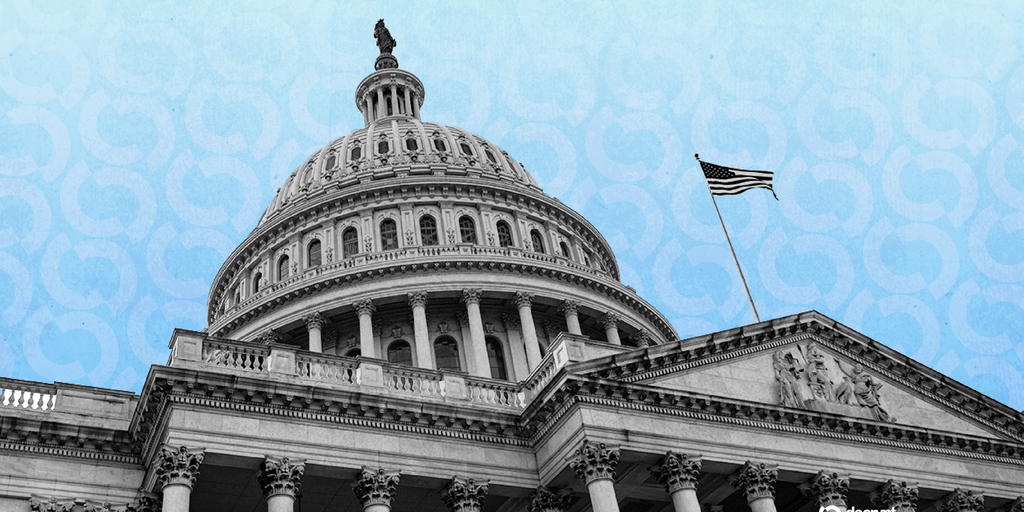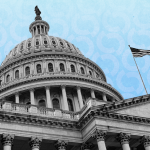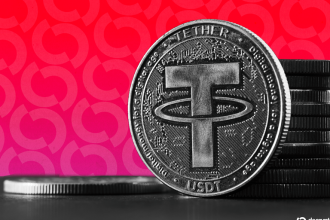The U.S. House of Representatives narrowly approved House Resolution 580 (H.Res. 580) with a 217-212 vote on Wednesday. This outcome, preceded by a nearly 10-hour procedural battle—the longest vote in House history—the Hellas forward crypto bills.
Eight conservative Republicans who initially opposed the measure reversed positions after House leaders agreed to cosponsor the Anti-CBDC Surveillance State Act as a requirement (mark) within the must-pass National Defense Authorization Act (NDAA).
House Majority Whip Tom Emmer (R-Minn.) justified the compromise, stating: “Attaching our Anti-CBDC Surveillance State Act to the NDAA will ensure unelected bureaucrats are NEVER allowed to trade Americans’ financial privacy for a CCP-style surveillance tool,” he tweeted.
H.Res. 580 establishes rules to proceed for three major crypto bills. These include the stablecoin-regulating GENIUS Act, the market-structure CLARITY Act, and the Anti-CBDC Surveillance State Act.
This legislative breakthrough is seen as a positive development within the cryptocurrency sector, which had cited regulatory uncertainty as a major barrier.
Steven Goldfeder, CEO of Offchain Labs (creator of Arbitrum), commented: “Regulatory uncertainty has been the single largest deterrent for major institutions. … A legislative framework finally signals to the market that this technology is here to stay…”
President Donald Trump’s last-minute intervention also proved crucial. According to POLITICO, the President expressed satisfaction with the deal negotiated by House Speaker Mike Johnson and his office.
House Majority Leader Steve Scalise (R-La.) marked the matter as “Legislation Considered Pursuant to a Rule,” officially scheduling final floor votes under the just-passed procedural rule.
The GENIUS Act is scheduled for a vote Thursday and could become the first significant crypto bill potentially signed into law. The CLARITY Act vote might be delayed.
Despite the overall GOP support for moving forward, Rep. Marjorie Taylor Greene (R-Ga.) retains opposition, citing religious objections. Rep. Andy Harris (R-Md.) nevertheless lauded the compromise, stating: “This is a significant win for the American people as a government-controlled digital currency poses a direct threat to financial privacy and economic freedom.”











